- +255 744163590
- info@jamiikwanzainitiative.org
- Dar es Salaam, Tanzania

Community
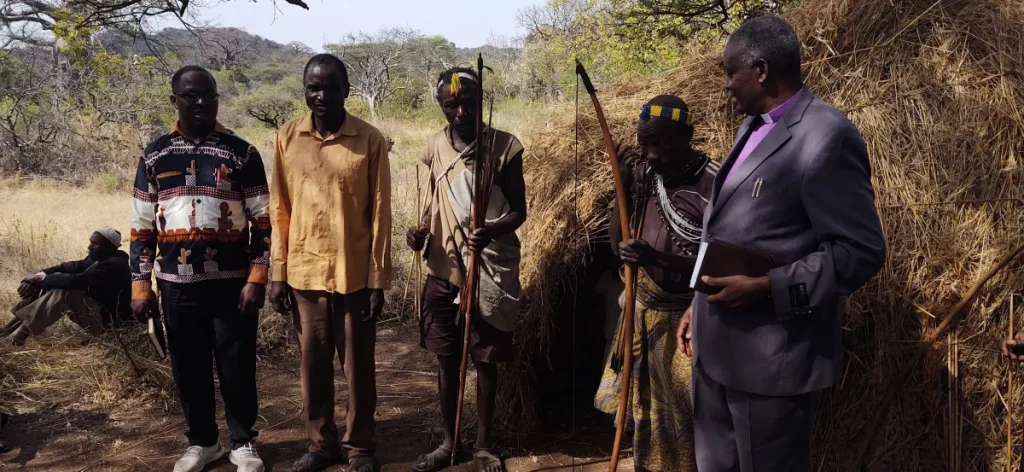
The Hadzabe are a modern hunter-gatherer people who live in northern Tanzania. They are considered one of the last remaining hunter-gatherer tribes in Africa, with approximately 1,800 members. Their native homeland includes the Eyasi Valley and nearby hills. The Hadzabe remain an important focus of study for anthropologists, as they provide insight into ways of human existence and survival that have been largely abandoned by most of humanity
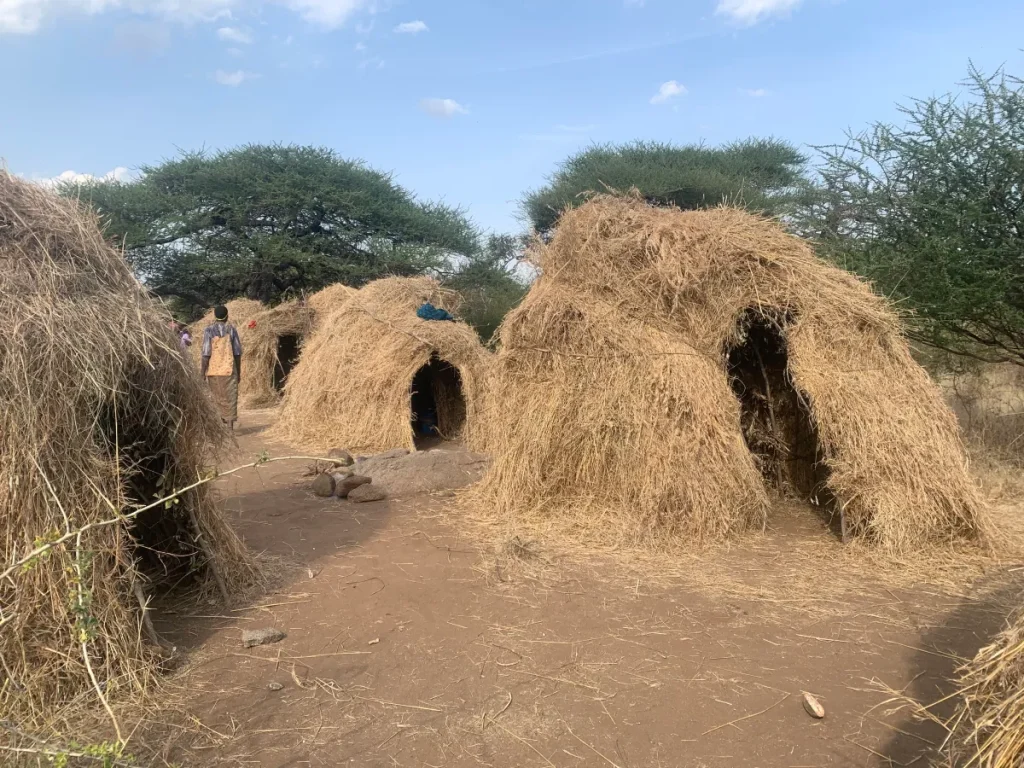
As a hunter-gatherer society, the Hadzabe do not domesticate livestock or cultivate crops for storage. Instead, they hunt game using hand-made bows and arrows and forage for edible plants. Their diet is primarily plant-based, supplemented with meat, fat, and honey. They build temporary shelters from dried grass and branches, owning few possessions.
Due to their way of life, the Hadzabe have limited access to education and healthcare, migrating within their geographical area. The village lacks a school, forcing children to walk three to four hours to reach the nearest school, a significant challenge for primary school children. During the rainy season, the village becomes inaccessible due to filled streams, and the proximity to Serengeti and Manyara National Parks exposes them to frequent wild animal threats.
In response, the Jamii Kwanza Initiative is establishing basic infrastructure to facilitate education for the children and adults of Sungu village. This includes a nursery school, primary school, and adult education, with the goal of stimulating the learning process and empowering the community. Through these efforts, we seek to honor and glorify God by providing opportunities for growth, transformation, and empowerment, in alignment with His purpose for all people.
Classrooms
We have constructed three classrooms at Sungu Primary School to enable Hadzabe children and adults to access education.
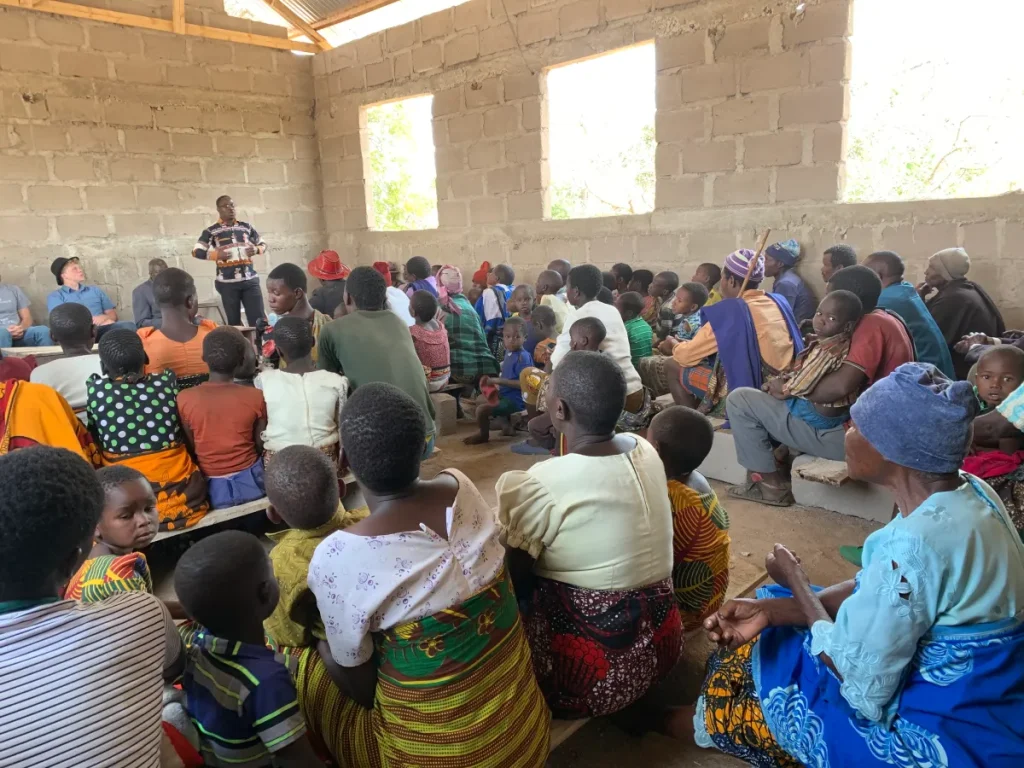
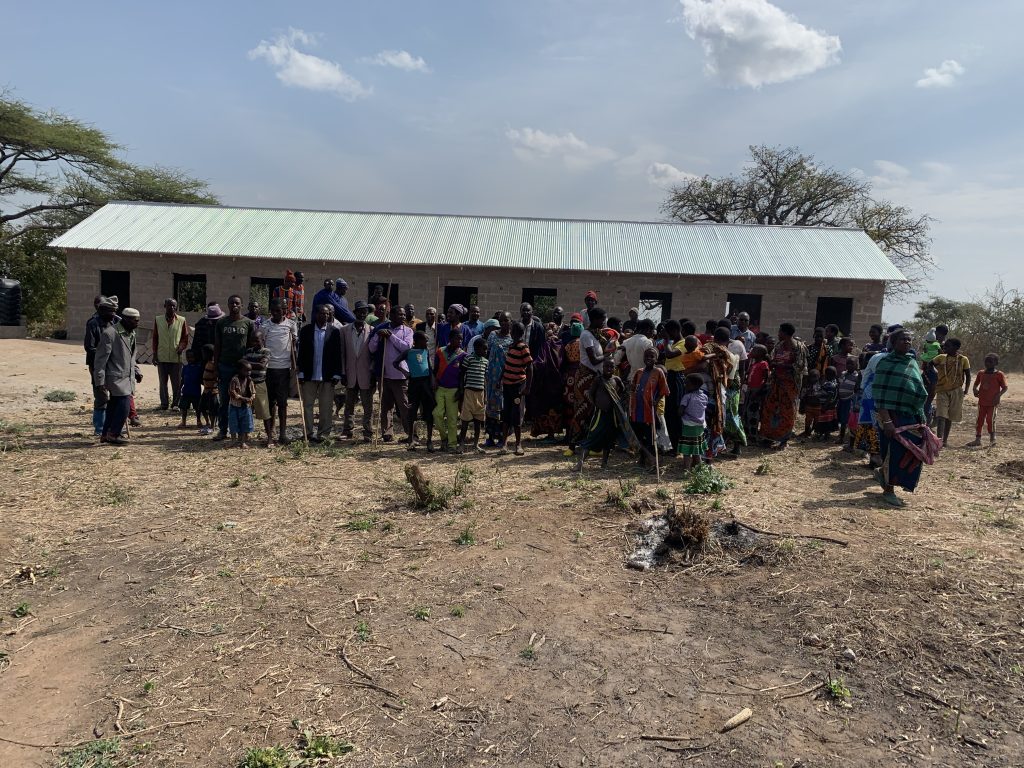
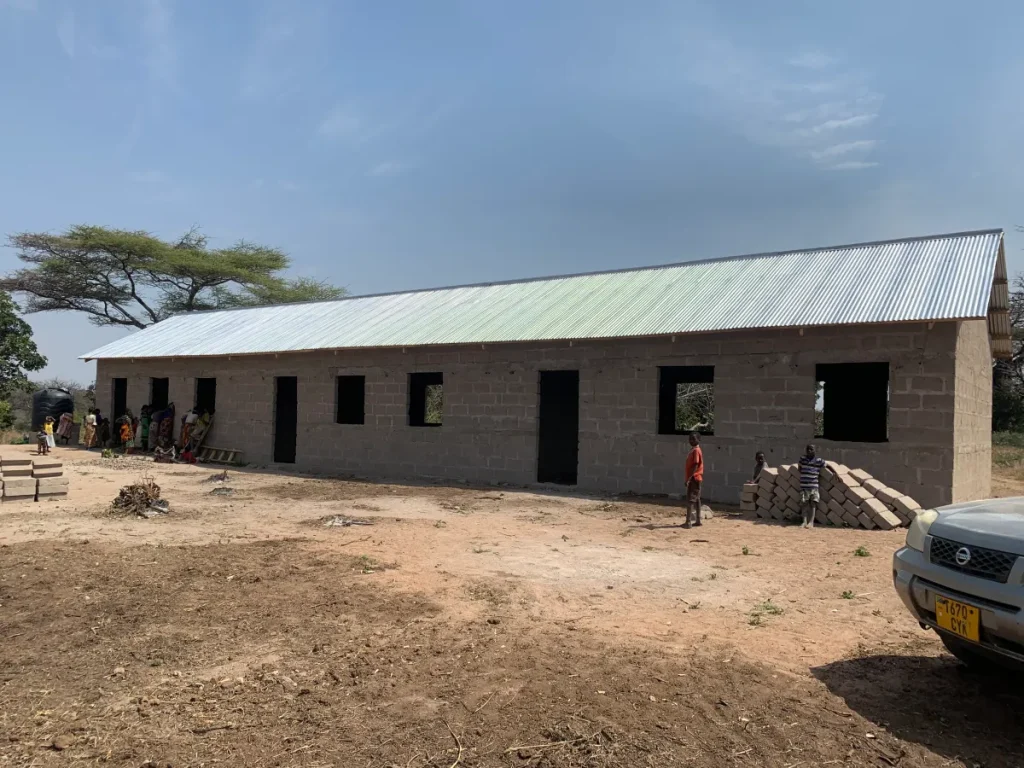
Hadzabe community leaders

The Hadzabe community at Sungu Village
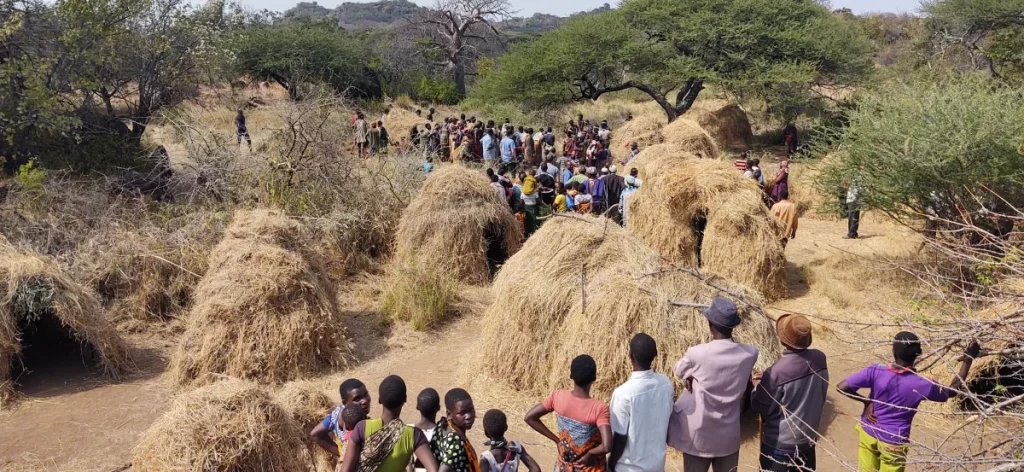
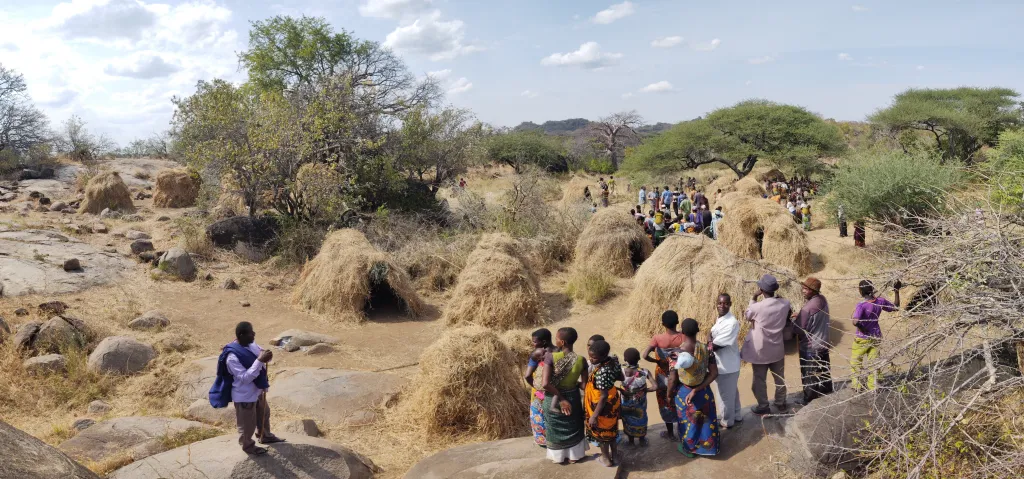
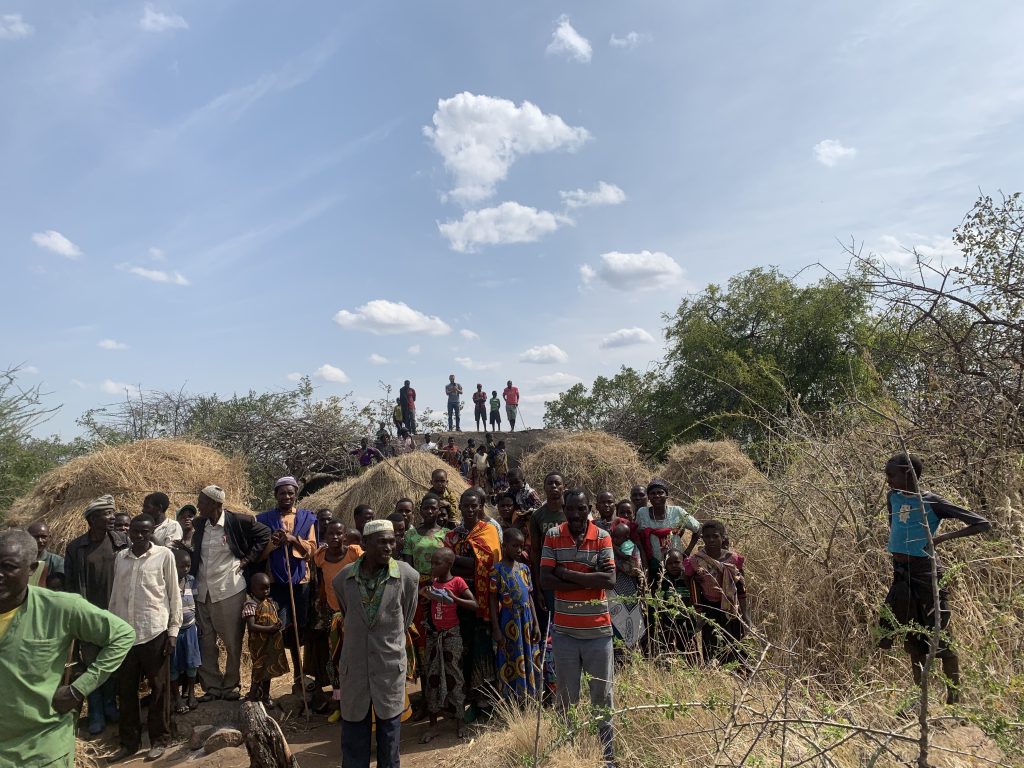
Friends experience Hadzabe food during a community visit to Sungu Village
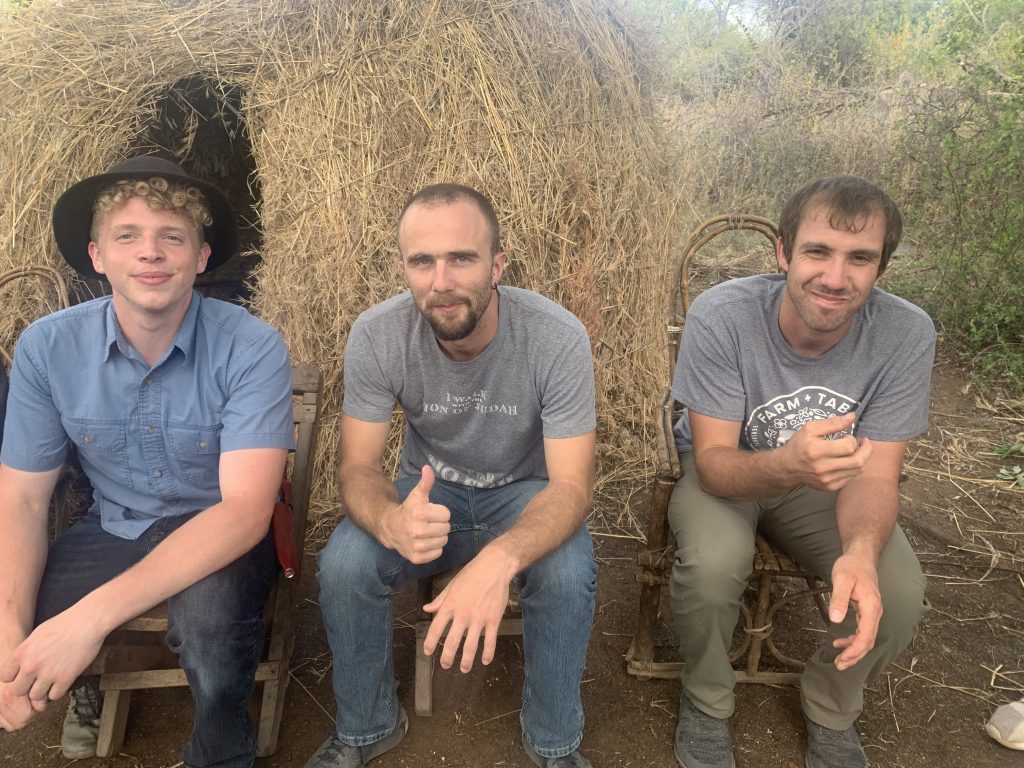
In the middle of the jungle forest to Sungu Community
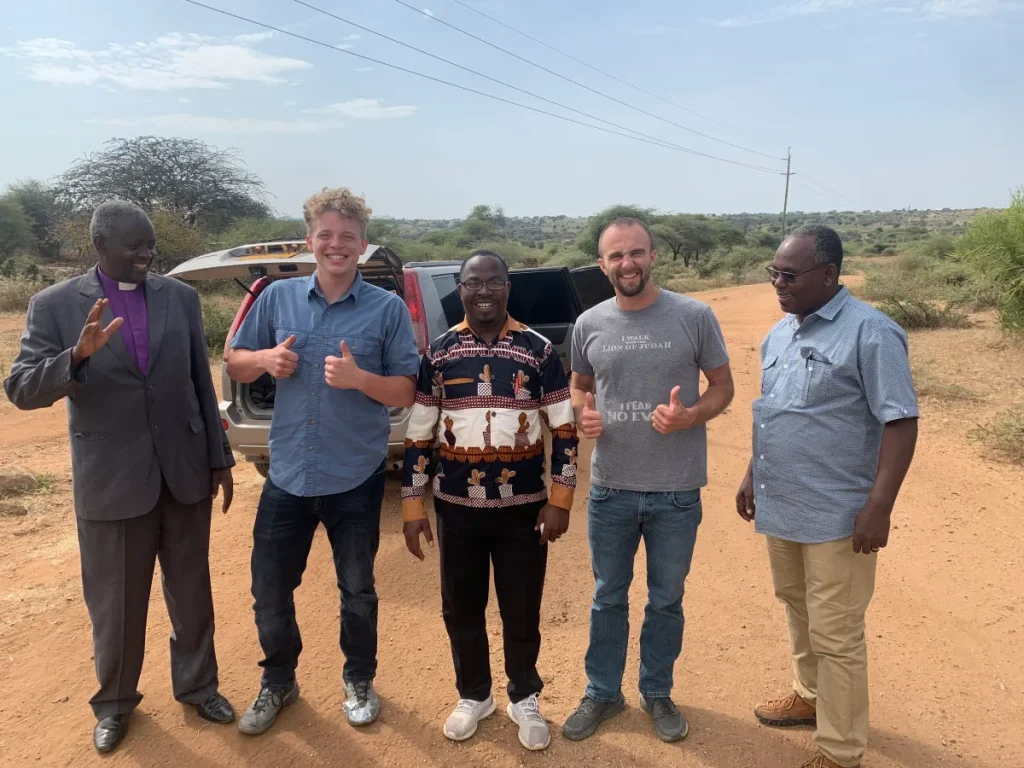
A Journey Into the Lives of Tanzania’s Last Hunter-Gatherers
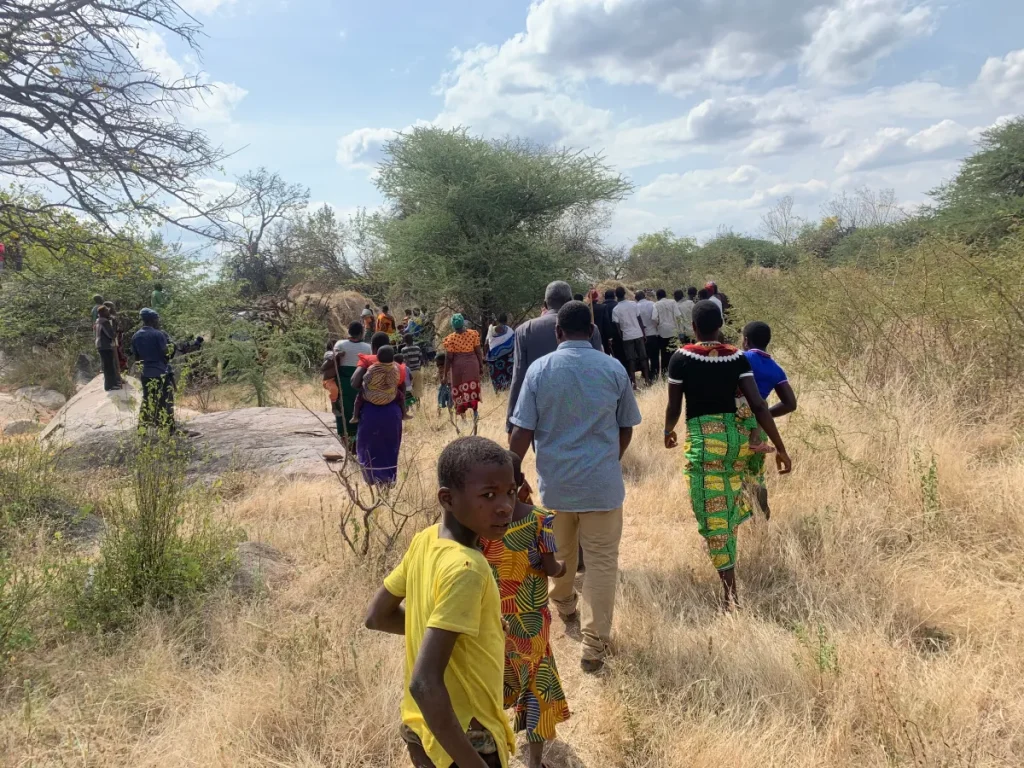
Speaking to the Sungu community to explain the purpose of the school
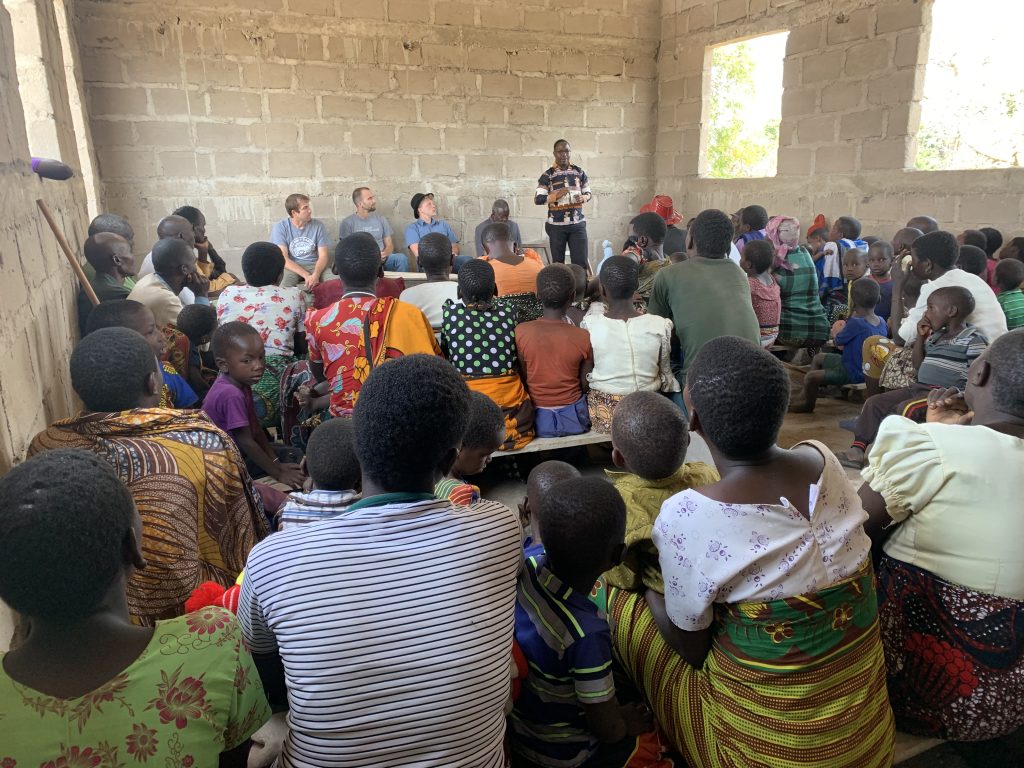
Copyright © 2023 Jamii Kwanza Initiative. All rights reserved.